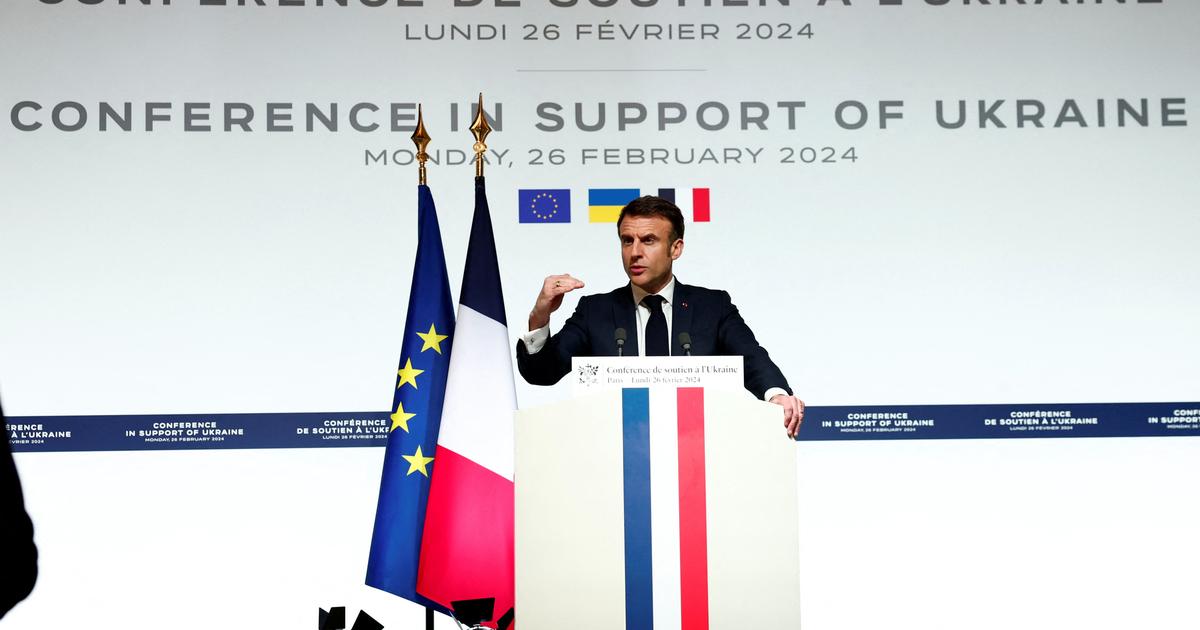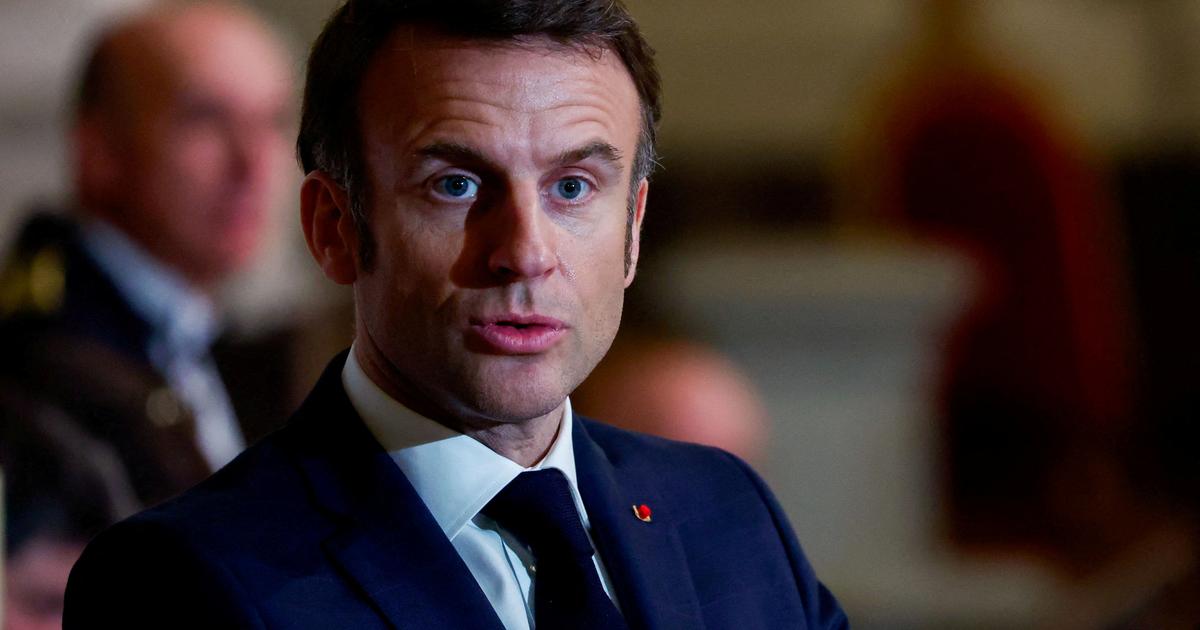The death of two civilians as a result of a missile attack in eastern Poland on Tuesday shows that Russia's invasion of Ukraine has the potential to spill over into EU and NATO territories.
Whatever the origin of the missile (Russian or Ukrainian), the original cause of the attack is Russia's savage offensive against civilian targets, in contravention of the Geneva Convention.
This is how the Kremlin responds to its expulsion from Kherson, the only provincial capital it has occupied since February.
And it happened despite Ukraine's generous humanitarian gesture, which allowed Russian forces to withdraw and cross the Dnieper River last week without subjecting them to heavy shelling.
These events derail the arguments of analysts in the West who maintain that the war should not end with a "humiliation" of the president, Vladimir Putin, or of Russia.
In fact, just the opposite is true: Putin's deplorable aggression should leave Russia a pariah on the world stage.
Beyond the immorality of this one-sided call to offer Putin a dignified exit (no one seems to be asking that the possible peace deal not humiliate Ukraine), can this argument be justified by the weight of history or by the implacable logic of that we are dealing with a nuclear superpower?
(even when it has been shown that Russia is only a superpower in this regard).
More information
The strategy against Russia
To answer that question, one must start with the fact that any defeat in a war will always be deeply humiliating for the losing side, regardless of whether it is the aggressor or the victim.
War always involves humiliation for at least one of the parties... and sometimes for both.
Those who argue that Russia should not be humiliated often first point to what happened after the First World War.
According to them, the Treaty of Versailles imposed such humiliating conditions on Germany that it led to the rise of Hitler a decade later, and then to World War II.
In fact, Germany only suffered moderate territorial losses at Versailles.
They forced her to return Alsace-Lorraine (which she had taken from France in 1871) and the Polish territories she had seized during the divisions of the 18th century.
Others, like the Russian, Austro-Hungarian, and Ottoman empires, lost much larger territories than Germany.
It was the reparations clauses of the Treaty of Versailles, not the territorial agreement, that may have contributed to Hitler's rise.
The reparations were certainly fair, considering that they were proportional to French war losses and to the reparations France paid to Germany after the war of 1870. But, as John Maynard Keynes (and many later historians) argued, it is possible that the Germany's reparation payments may have contributed to the hardships suffered by its population during the hyperinflation of the early 1920s and the Great Depression of the early 1930s.
This point about the economic impact of the Treaty of Versailles is understood with the events after World War II, when Germany re-ceded Alsace (again, to France) and lost a quarter of its territory to Poland and the puppet regime. East German Russian.
The feeling of humiliation, in any case, must have been much greater than after the First World War.
The defeat of the Nazis, on the other hand, was enormously beneficial for both Germany and its neighbors.
The assistance it received from the United States under the Marshall Plan more than made up for the reparations West Germany had to pay, and the German economy has flourished ever since.
It was peacefully reunified with East Germany when communism fell, and never again insisted on a revanchist foreign policy.
Nor is Germany the only example of countries that have benefited from its defeat and humiliation in war: Japan also renounced imperialism and militarism after surrendering in World War II;
France was better off after losing the Algerian war, because that defeat allowed Charles de Gaulle to steer his country into a modern and economically dynamic nation, deeply integrated with the rest of Europe;
Similarly, after its defeat and humiliation in Vietnam, the US reinvented itself economically and technologically under Ronald Reagan to become the undisputed winner of the Cold War.
Russia also lived experiences of this type.
His defeat and humiliation in the Crimean War led to the abolition of serfdom in 1861, when he freed 23 million people (nearly six times as many as the United States after the Emancipation Proclamation of 1863).
It later enjoyed 40 years of rapid economic development.
Then her defeat and humiliation in the Russo-Japanese War led to a revolution that same year, in 1905, and the establishment (albeit temporarily) of a constitutional monarchy.
In 1916 Russia's defeats by Germany accelerated the fall of the Tsar and the establishment of the provisional liberal government of Aleksandr Kerensky in February 1917. Unfortunately, Kerensky was unwilling to accept humiliation and continued the war, which led to losses. still greater and the catastrophic Bolshevik revolution in November 1917. But then, the Soviet defeat and humiliation in the Polish war of 1921 prompted Vladimir Lenin to introduce the New Economic Policy, partly based on the market.
With it, mass famines ended and Russia could have found a sustainable path to economic development... if the subsequent rise of Joseph Stalin had not prevented it.
Ultimately, the defeat and humiliation in the war in Afghanistan led to the fall of the Soviet Union and an all too short period of democratization, during which Russia at least showed respect for its neighbors.
Again, as with Germany after World War I, the return of Russian revanchism was not due to loss of territory or great power status, but to difficulties following the collapse of the Soviet economic system.
Was the West wrong not to give more support to Boris Yeltsin's Russia?
I think so, although there were also powerful local forces in favor of the kleptocratic model that ended up being imposed.
Ultimately, perhaps a more orderly and less painful transition, like that of the Soviet bloc countries in Central Europe, would not have been possible.
In any case, there is ample historical evidence that humiliation in return for imperial or aggressive policies often brings significant benefits in the medium to long term, both for the countries in question and for their neighbors.
Some argue that the short-term risks of humiliating one of the world's major nuclear powers are excessive, but that argument ignores the likelihood that if Putin succeeds with nuclear blackmail after the invasion, he will try again and again. again.
Jacek Rostowski
was Minister of Finance and Minister Vice President of Poland.
© Project Syndicate, 2022.
www.project-syndicate.org.
Spanish translation by Ant-Translation / News Clips.
Subscribe here
to the weekly newsletter of Ideas.
Subscribe to continue reading
Read without limits
Keep reading
I'm already a subscriber








